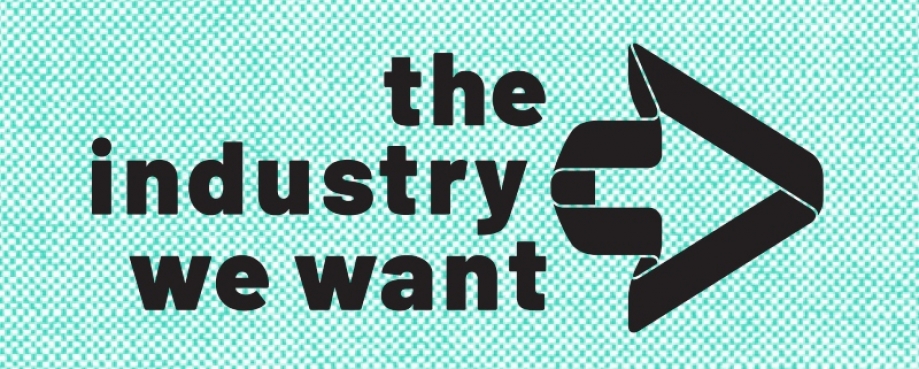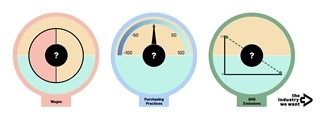
The Industry We Want is a multi-stakeholder initiative dedicated to driving industry-wide progress on key issues in the garment and footwear sector.
Synthesising extensive wage data on 13 major garment producing countries, feedback from more than 500 suppliers across 46 countries, and new estimates of apparel sector emissions, The Industry We Want (TIWW) is set to reveal its first ever Industry Dashboard.
New Industry Dashboard
The dashboard features TIWW’s first iteration of industry-wide scores on three critical issues in the sector: the living wage gap, purchasing practices and GHG emissions. The Industry Dashboard will be launched alongside this year’s OECD Forum on Due Diligence in the Garment and Footwear Sector. Each year, the Forum brings together representatives from government, business, trade unions and civil society to address emerging risks and share learnings on implementing due diligence in the sector.
Increased alignment and closer collaboration within the garment and footwear industry have been identified as key components needed to improve working conditions for people and to reduce harmful impacts on the planet. TIWW now invites interested stakeholders to their side session 'Launching Drivers for Change' at the upcoming Forum. On Monday 21 February 2022 at 13:00 - 14:00 CET. The convenors of the initiative, Fair Wear and the Ethical Trading Initiative (ETI), in collaboration with the Sustainable Apparel Coalition, will share the first iteration of TIWW Industry Dashboard.

The Industry Dashboard has been created in collaboration with Wage Indicator Foundation, the Better Buying Institute (BBI) and the Apparel Impact Institute as a step towards annual impact metrics across TIWW’s focus areas. It aims to drive industry progress year on year and strengthen sector-wide perspectives.
TIWW Purchasing Practice Metric
The Industry Dashboard - among other things - provides a platform for an annual metric on purchasing practices, generated via Better Buying’s Partnership Index Survey. We are excited that the results from the Partnership Index Survey included supplier feedback on many Fair Wear and ETI brands, and both multi stakeholder initiatives (MSIs) will be revealing how they have scored in relation to the larger TIWW metric on purchasing practices.
An important benefit of the Dashboard is that MSIs and brands – like Fair Wear brand ‘Bamboo’ – can share their score and showcase that good purchasing practices leads to resilient and sustainable supply chains. We expect more leaders to utilise the Dashboard in this way over the course of the initiative. During the session, we will explore how the results can be used to encourage and contribute to greater transparency and faster progress on purchasing practices in the sector.
“Disclosing results is an important step in our drive for more transparency. We accept the results might not be perfect, but it’s a powerful tool to ensure we can achieve our longer-term ambitions around reducing environmental impact and improving the lives of the people involved in making our clothing.”
Merryn Chilcott, BAM’s Sustainability and Technical Manager
Interested stakeholders are invited to find out the current state of play in each of the three focus areas, explore data and insights gathered with TIWW partners and collaborate to drive industry-wide progress.
- Register for the event: https://www.theindustrywewant.com/events
- Stay up to date: Follow TIWW on LinkedIn and Twitter
